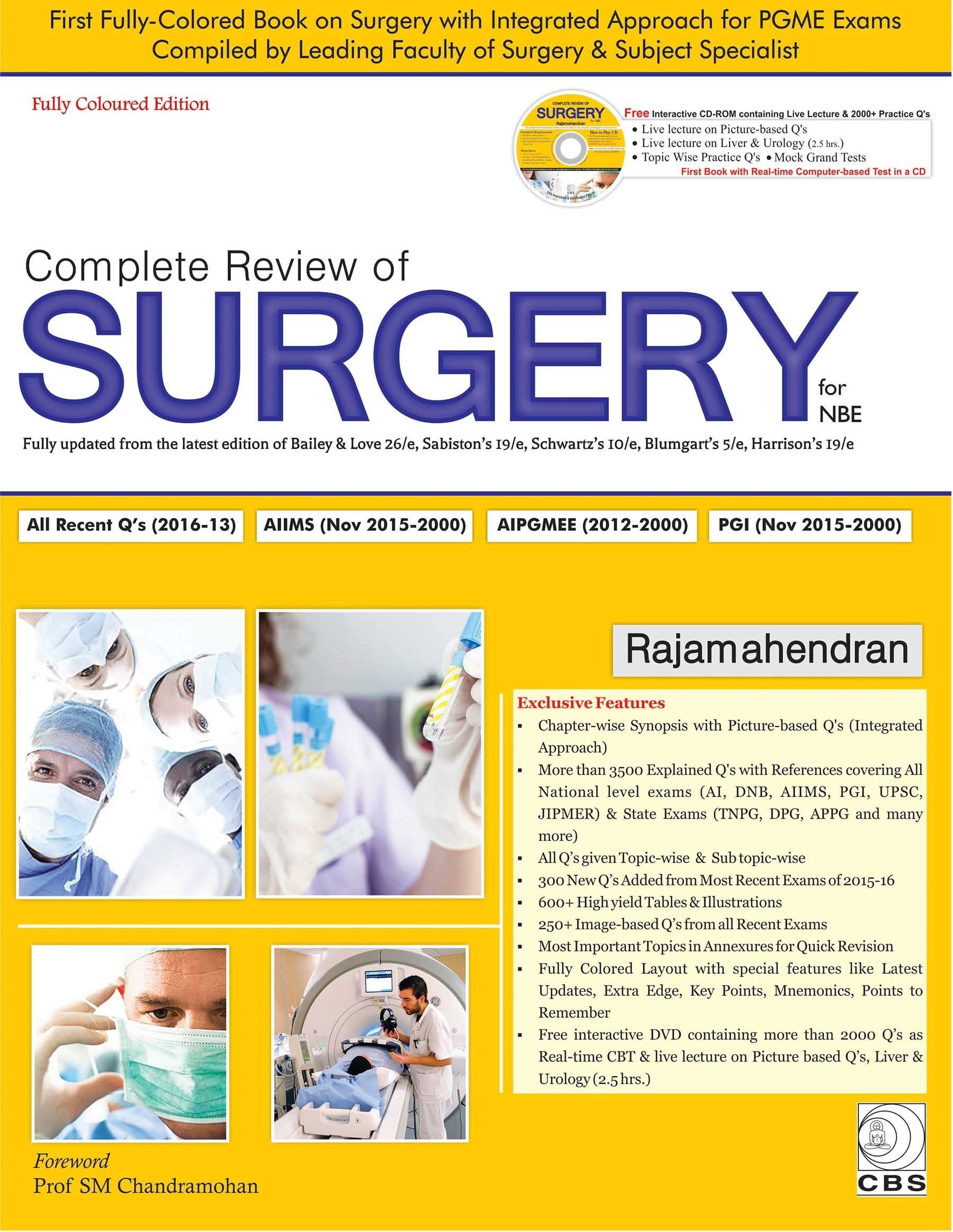Handbook of Collaborative Management Research
no information available
This handbook provides the latest thinking, methodologies and cases in the rapidly growing area of collaborative management research What makes collaborative management research different is its emphasis on creating a close partnership between scholars and practitioners in the search for knowledge concerning organizations and complex systems In the ideal situation, scholars and their managerial partners would work together tdefine the research focus, develop the methods tbe used for data collection, participate equally in the analysis of data, and work together in the application and dissemination of knowledge The handbook contains insightful reflections on the state of the art as well as detailed descriptions of the collaborative efforts of an international group of leading edge academics and their practitioner counterparts The applications of collaborative research methods included in this volume include those aimed at individual development, organizational development, regional development efforts and economic policy The insights from the cases suggest that collaborative management research has been a highly effective means of getting at issues that other research methods and intervention techniques have failed taddress The rationale for conducting this highly engaging type of research is explored in the first section of the handbook, followed by sections that offer new methodologies, descriptive cases, views from those directly involved, and issues and enablers about the use of this approach in advancing knowledge and practice The handbook does appeal tscholarly practitioners as well as practical scholars ... Read more Read less











